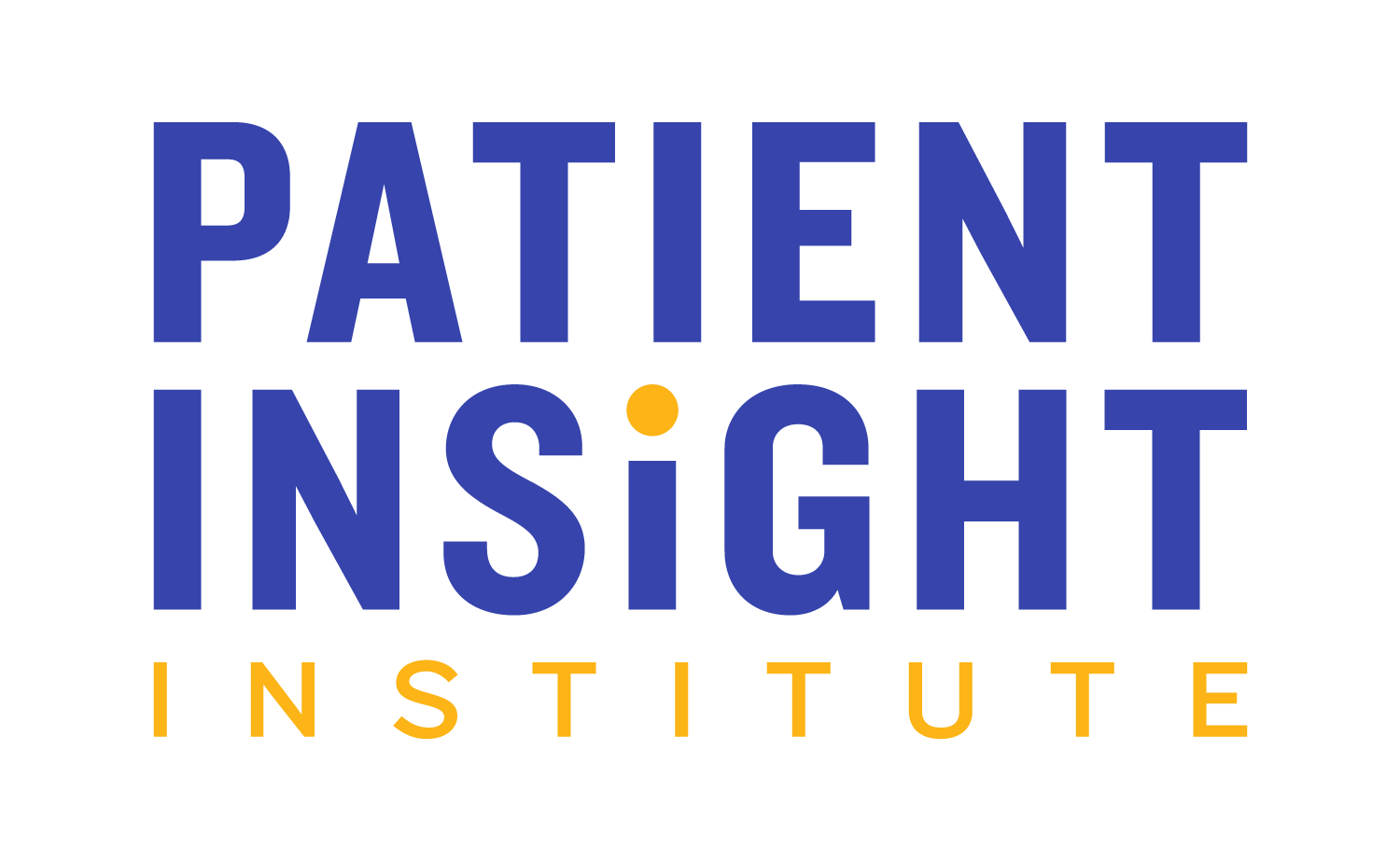Physician-Patient Interactions: The Need for Patient-Centered Care
Mia Harris
Patient Insight Institute Intern
July 26, 2024
I’ve had moments when advocating for myself felt like an uphill battle. Medical professionals, while well-intentioned, have at times questioned or dismissed my symptoms and descriptions of pain. Sometimes this was because they could not see its physical presentation, because I was young so it must be growing pains, or other times because they truly had no answers or medical advice to give. Despite the reason behind their behavior, this dismissal not only undermined my experiences but also left me grappling with self-doubt and guilt. Care providers should not have the power to make you feel that way, yet they do and likely without realizing it. Physicians, often guided by protocols and clinical experience, may inadvertently prioritize observable symptoms over subjective experiences and individual circumstances. In these situations, advocating for yourself is certainly easier said than done, especially when the process of navigating the healthcare system has pushed you into the mindset that the doctor is a highly sought after genius with all the right answers that you are lucky to be seeing.
In my experience, the system often works like this; being placed on long holds with annoying music, eventually speaking to a human who may hang up on you after sharing that you need a referral, lots more back and forth, securing an appointment, and then waiting weeks or months to finally see the physician. By the time the long-awaited appointment finally takes place, and you are face-to-face with the physician, a web complex power dynamics have already been established. You have jumped through all the hoops to get there and may forget everything you wanted to discuss or ask. These dynamics highlight the importance of patient-centered care, where healthcare providers actively listen to and validate patient experiences. Building a partnership based on mutual respect and open communication is essential. It involves articulating our experiences clearly, seeking second opinions when necessary, and fostering a collaborative approach to care.
By empowering patients to advocate effectively and educating healthcare providers about the diverse manifestations of illness, we can foster a more supportive healthcare environment. It requires acknowledging the limitations of medical knowledge, listening attentively to patient narratives, and embracing a patient-centered approach that values individualized care. Elevating patient voices is crucial in creating a healthcare system that sees beyond the visible symptoms and recognizes the validity of all patient experiences. By bridging the gap between medical expertise and patient-centered care, we can work towards building healthcare environments where every patient feels heard.


